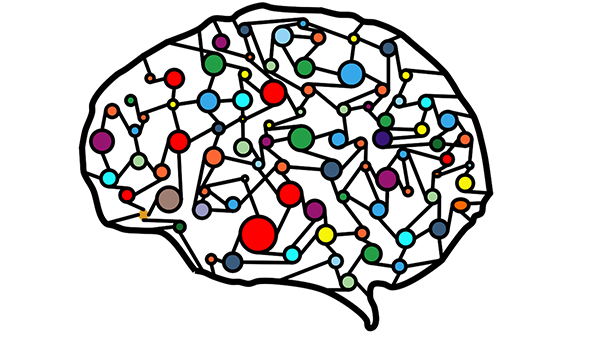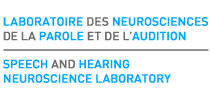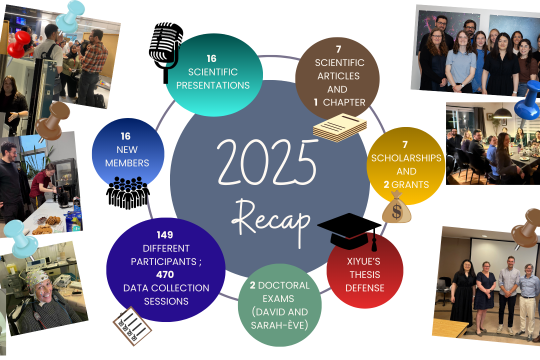
Speech production – the act of speaking – is a process so ingrained in us, so effortless, that we forget its great complexity. If 26 muscles are needed only to smile, you can imagine the number required to pronounce the syllables of a complex sentence. About a hundred!
The motor system, the set of neural circuits that control our muscles, thus plays an essential role in our ability to communicate orally. Does the motor system change as we age? To find out, 60 healthy participants, aged 18 to 83, came to our lab to perform a task. The task in question? Reading aloud a series of non-words, that is, words without meaning (e.g., difeli). Participants’ response time and response duration were measured, and participants’ error rate was calculated after 2 referees listened to the vocal recordings.
The results, which were published in the journal Psychology & Aging, show a decrease in the accuracy of the produced non-words and an increase in their duration with age. These results suggest a decline in the planning and execution of muscular movements related to speech production. These findings, coupled with those of additional studies from our lab, point to a possible link between the decline in speech production with age and brain aging, especially within the motor system.
Further studies are needed to clarify the nature and scope of brain aging in the planning and execution of motor commands.
Link to the article: https://speechneurolab.ca/wp-content/uploads/2022/05/Tremblay_etal_2018_PsychAging.pdf
Image credit: ahmedgad/Pixabay
Suggested readings:



